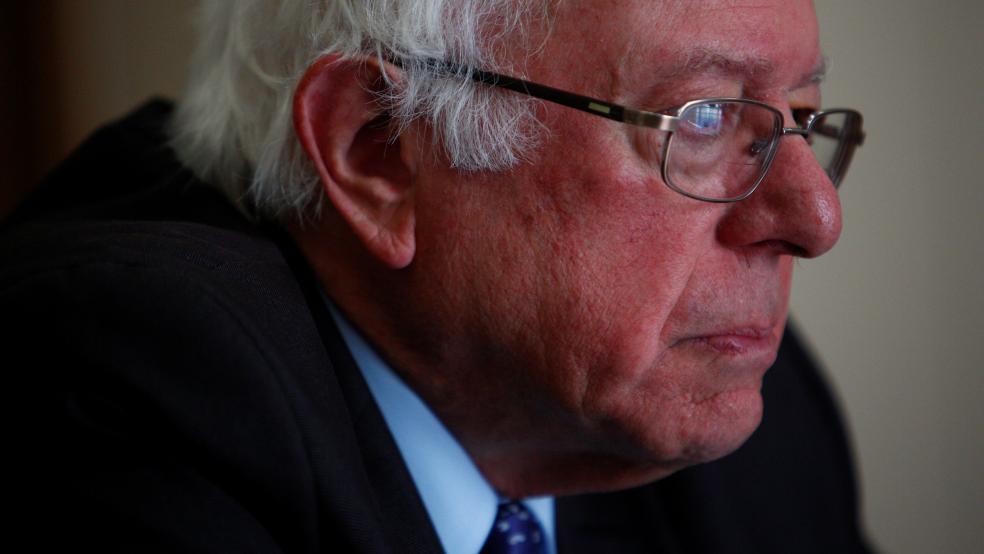Democratic lawmakers are getting behind a plan to enable the Department of Health and Human Services to negotiate the prices of some drugs covered by Medicare, potentially saving the federal government billions of dollars, but they face serious resistance from two key players: Republicans and the major pharmaceutical firms.
No Republican lawmakers are expected to back the drug price proposal, all but eliminating the possibility that it could pass through Congress under normal rules. But Democrats are now reportedly considering adding the proposal to their next budget reconciliation bill, allowing them to pass it with a simple majority – and greatly increasing the odds that substantial drug pricing reform could occur in the coming months.
Looking for offsets: The idea of allowing the federal government to negotiate drug prices isn’t new, but it’s taken on new prominence as Democrats look for ways to pay for their next big economic package, which is expected to contain roughly $3 trillion in new spending on things like infrastructure, education and green energy.
Lowering drug prices is particularly attractive, since it would be appealing to voters while freeing up money that would have been spent on medicine to be used elsewhere.
“The huge difference between drug prices and literally everything else out there: Everything else costs money, and this one saves money,” Alex Lawson, executive director of Social Security Works, told Politico.
Sanders takes aim: Holding the first hearing of the new Congress on drug prices Tuesday, Sen. Bernie Sanders (I-VT) asked, “Why does the U.S. pay the highest prices in the world for prescription drugs?” Answering his own question, Sanders charged that the drug companies are in control on Capitol Hill. “I think it’s fair to say that it’s not Congress which regulates the drug companies but the drug companies which regulate Congress, and that has got to change,” Sanders said.
Along with more than two dozen Democratic lawmakers, Sanders is reintroducing a package of bills that aims to reduce drug prices. The Medicare Drug Price Negotiation Act (summary here) would remove the current prohibition on the head of HHS from negotiating drug prices, empowering that agency to lower the cost of many name-brand drugs covered by Medicare. According to one study, the federal government could save more than $15 billion a year if Medicare could negotiate the same prices paid by Medicaid and the Veterans Administration.
The package also includes the Prescription Drug Price Relief Act, which would tie the price of prescription drugs in the U.S. to the median price in Canada, the United Kingdom, France, Germany and Japan; and the Affordable and Safe Prescription Drug Importation Act, which would permit the importation of drugs from Canada and other major countries.
Drugmakers take notice: Tuesday’s hearing, which was announced abruptly, was greeted with some alarm by pharmaceutical firms and their powerful lobbyists. One lobbyist told Politico that there is now concern that the drug industry could be seen as a “piggy bank” that could be tapped to help pay for the next economic package.
“Something is coming. We’re just not sure when,” one drug industry source said.
The outcome of the effort is far from guaranteed, however. Even without the need to win bipartisan support, it’s not clear that centrist Democrats are willing to back aggressive plans to rein in drug prices. Drug lobbyists are reportedly targeting Sen. Kyrsten Sinema (D-AZ) in an effort to break up the 50 Democratic votes in the Senate. And while Sen. Joe Manchin (D-WV) has indicated that he would back the plan to negotiate drug prices in Medicare, he hasn’t said if he is willing to pass it through reconciliation.




